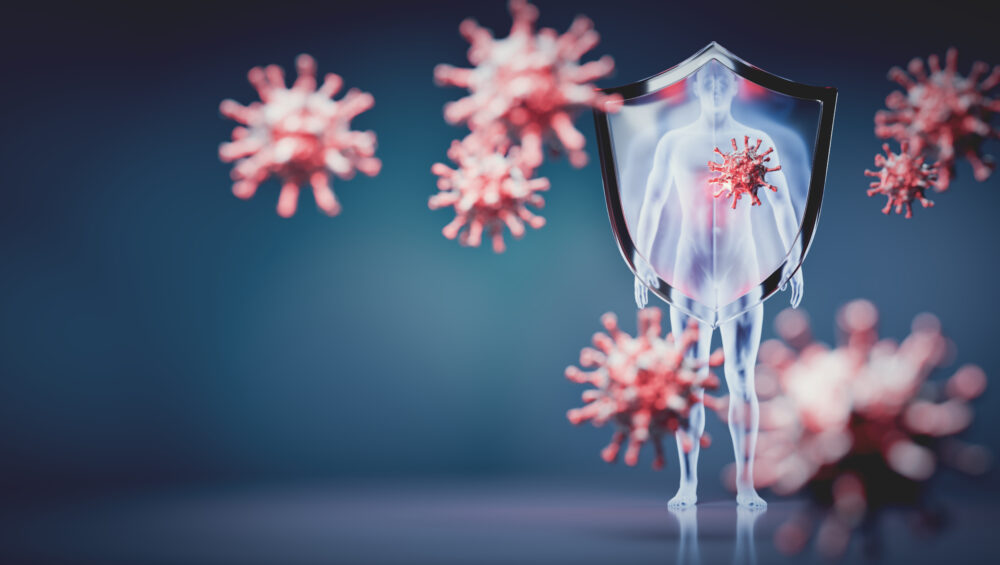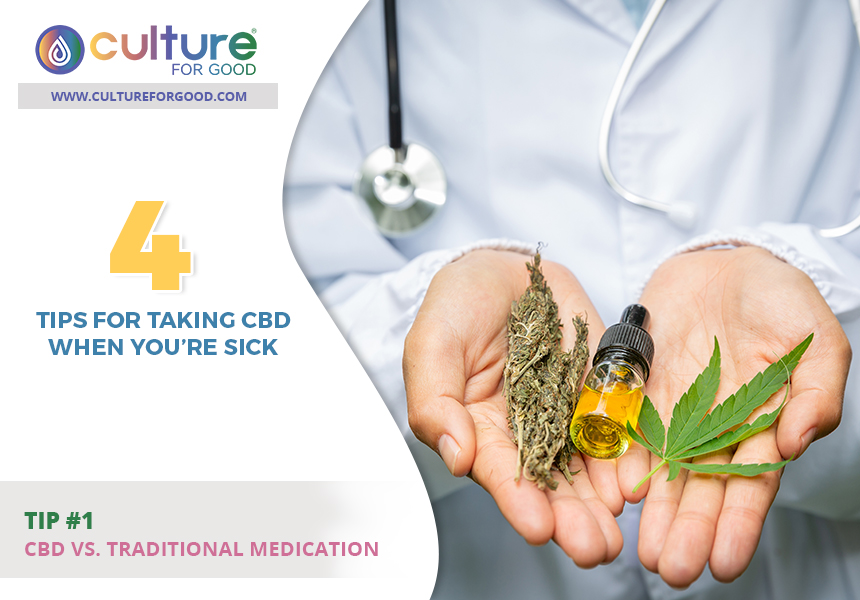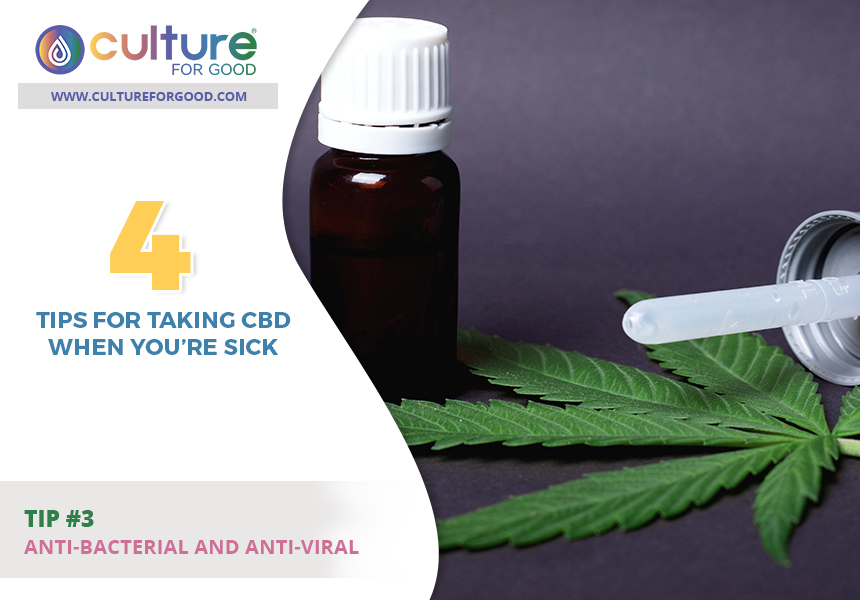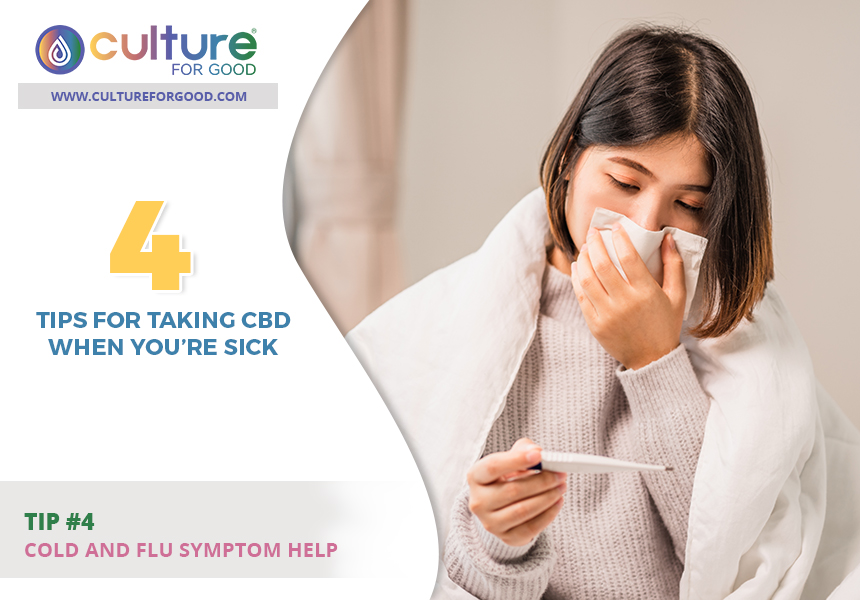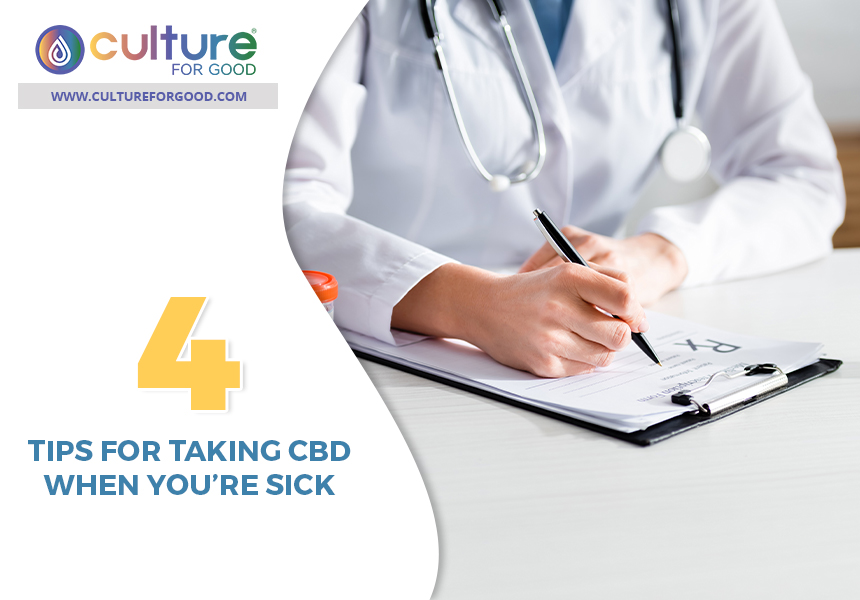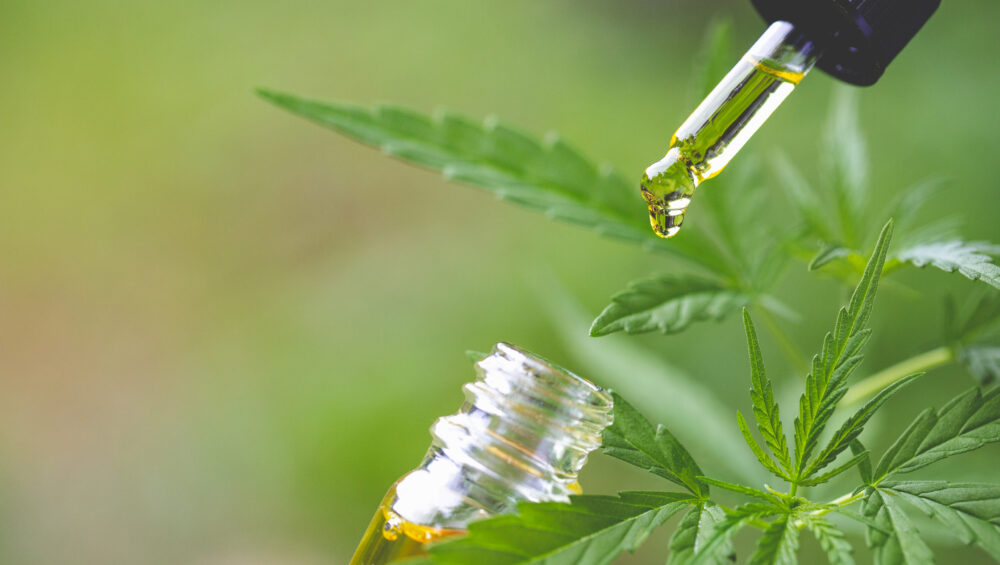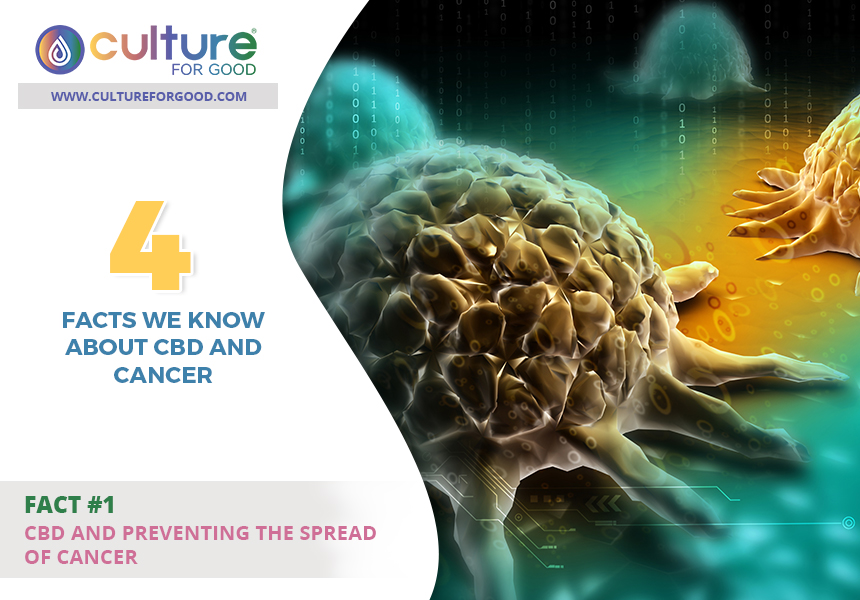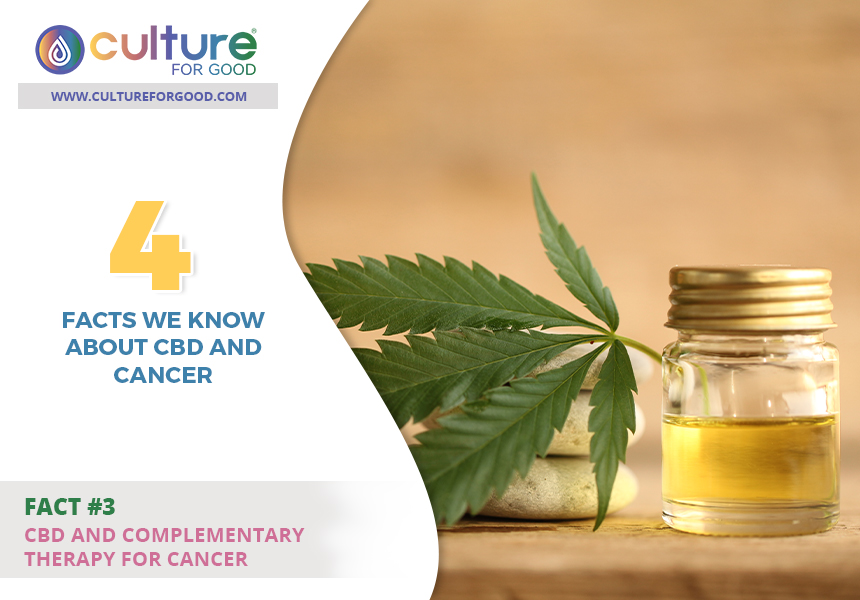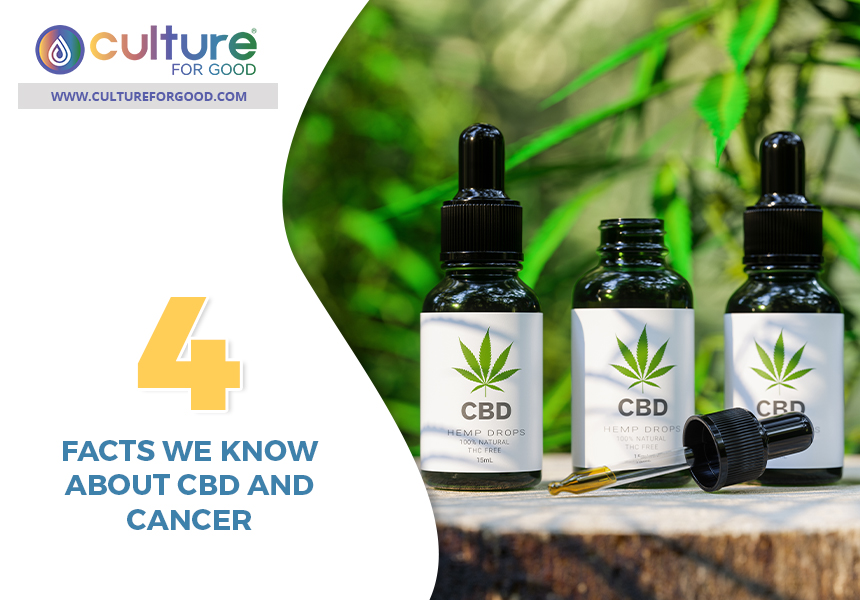5 Ways CBD Can Boost Your Immune System
Scientists have only recently discovered how various cannabinoids work within the body. With this research, many have set their sights on cannabidiols (CBDs) effects on the immune system.
Throughout this article, we’re going to review CBDs relation with the immune system and the illnesses it can potentially treat.
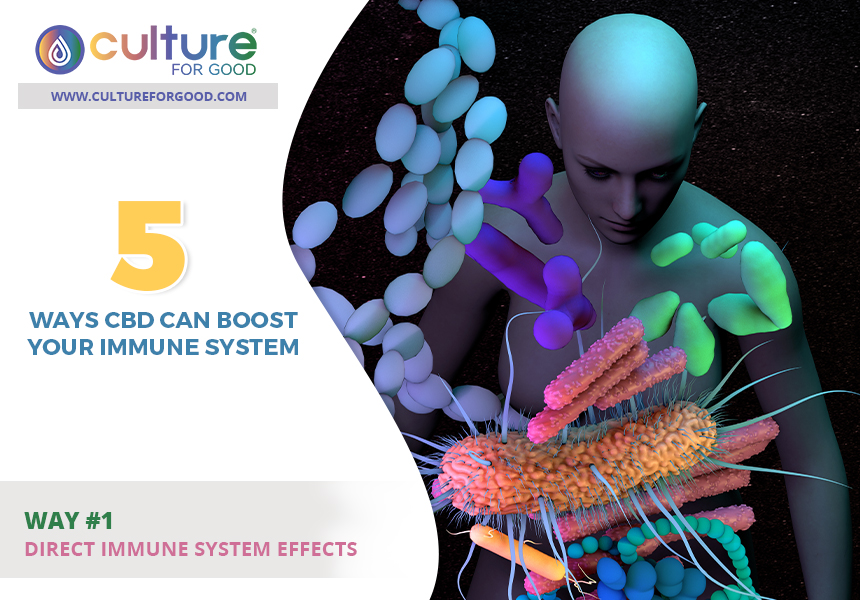
1Direct Immune System Effects
All cannabinoids (including CBD) minimize inflammation and, in effect, are considered immune suppressors.¹ This means CBD will suppress the power of the body’s immune system.
Understandably, this sounds like a negative consequence and, furthermore, a reason to avoid CBD. However, by suppressing the immune system, CBD can actually help the body fight various diseases.
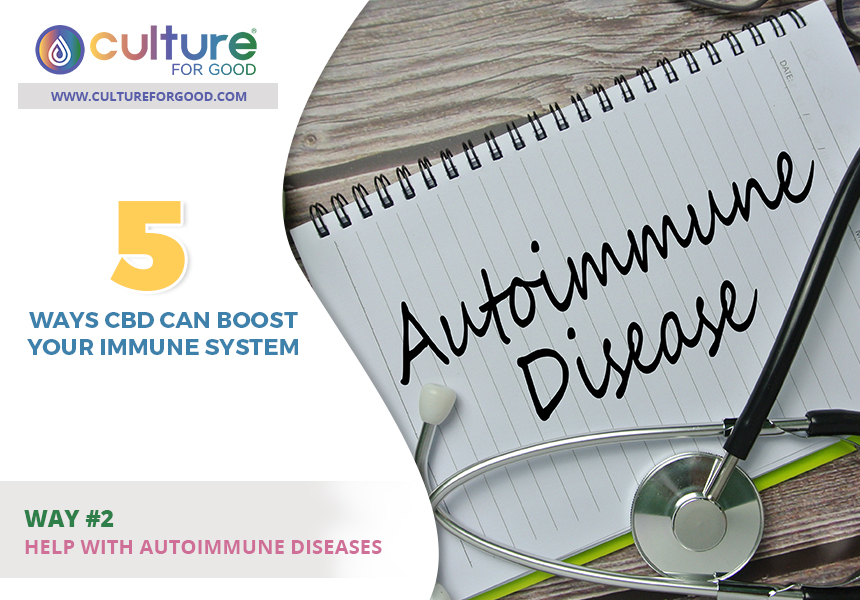
2Help With Autoimmune Diseases
There are a number of diseases linked to hyperactive immune systems, including arthritis, lupus, multiple sclerosis, and Parkinson’s. Since CBD acts as an immune suppressor, it may help those whose immune systems are overactive.²
For example, in people with multiple sclerosis, their body is lead to believe the central nervous system (CNS) is a hazard. In effect, their immune system is jacked up and places protection around nerve fibers which, inevitably, builds up scar tissue. This is what ultimately causes a loss of movement and, in most cases, paralysis within those with multiple sclerosis.³
Scientists continue to struggle in finding a cure. However, since cannabidiol can reduce immune system regulation, there’s a strong possibility it can help with mobility and decrease pain in those with multiple sclerosis.

3Help With Cancer
We’ve all heard cannabis can be the answer to finding a treatment for cancer. And for good reason.
Though cancer will debilitate the immune system, CBD has an effect on cancer cells themselves. Under normal circumstances, our cells self-destruct upon aging. Under cancer’s circumstances, these cells continue to produce rather than leaving our body.
There have been numerous studies looking into how cannabinoids affect our cancer cells. And in one particular study, it was found that CBD triggered many aging cells to self-destruct through something known as apoptosis. In effect, it prevented tumors from expanding.⁴
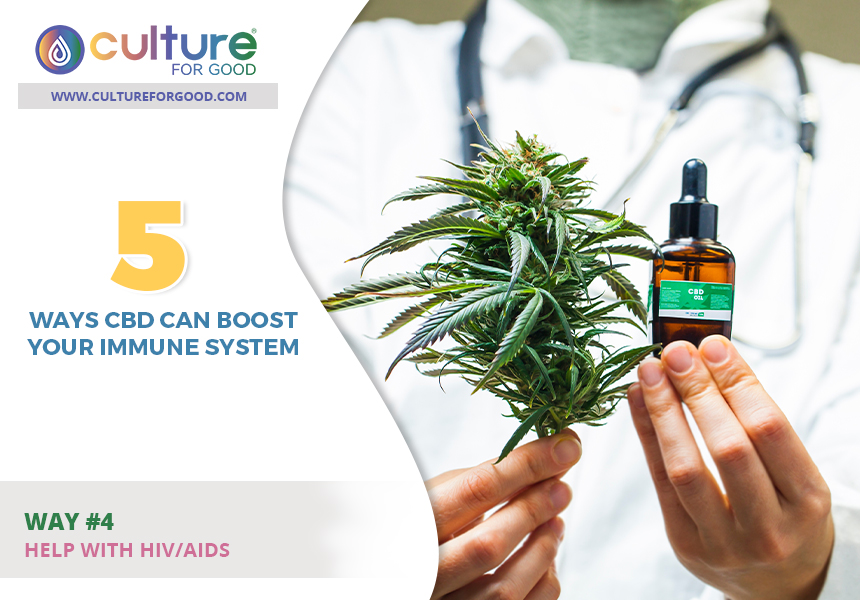
4Help With HIV/AIDS
Like cancer, HIV/AIDS will suppress the immune system, making CBD seem as though it’s not the right fit for treatment.
Yet, studies have shown that those with HIV who use cannabis products deplete the number of viral loads and stimulate the number of T-cells.
T-cells are necessary for immunity by finding threats within the body and destroying them. Therefore, cannabis products actually activated the immune system.⁵
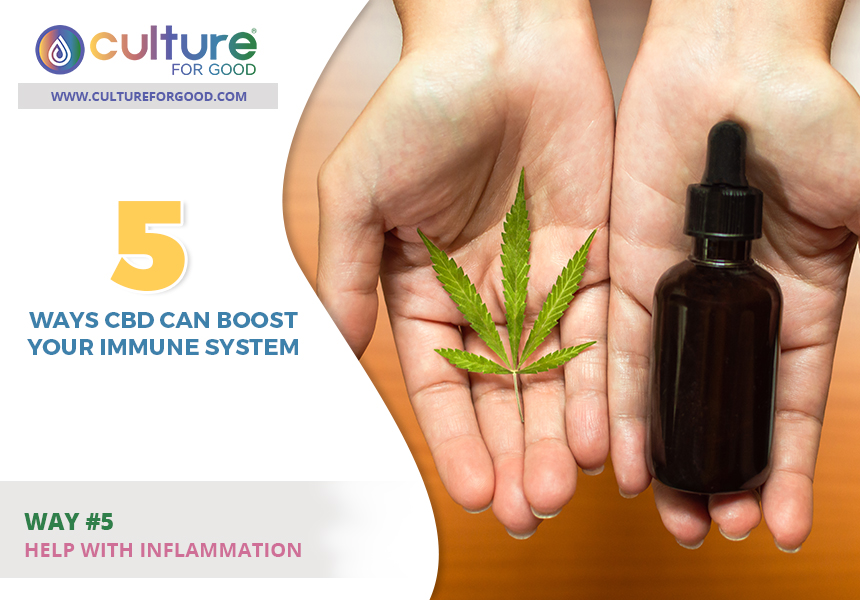
5Help With Inflammation
Inflammation is quite necessary for healthy body functioning. It helps the body separate areas which are either infected or damaged. In effect, these infections or dangers can’t spread throughout the rest of the body.
Within those with weak immune systems, inflammation is prevented. However, cannabidiol has been found to even out this body’s function. In other words, it allows the body to create inflammation when necessary.
Vice versa, if the body is experiencing too much inflammation, CBD also has the ability to reduce it. In effect, it may be able to help numerous diseases, including⁶:
- Acne
- Allergies
- Arthritis
- Asthma
- Diabetes
- Fibromyalgia
- Irritable Bowel Syndrome

Will CBD Work for You?
Cannabidiol is universally something that can benefit everyone. Whether you’re suffering from pain, a specific disease, or mental health, CBD has a versatile amount of promising properties.
If you’re suffering from any of the diseases mentioned on this list, we suggest consulting your doctor before taking CBD products. There are some cases where cannabidiol can interact with other medication.
If you’re interested in trying CBD, feel free to check out our products page to learn more.
Reference Sources
¹ HHS Public Access: The Profile of Immune Modulation by Cannabidiol (CBD) Involves Deregulation of Nuclear Factor of Activated T Cells (NFAT)
² HHS Public Access: Emerging Role of CB2 Cannabinoid Receptor in Immune Regulation and Therapeutic Prospects
³ NCCIH: Multiple Sclerosis
⁴ Current Oncology: Anticancer mechanisms of cannabinoids
⁵ AIDS Research and Human Retroviruses: Cannabinoid Administration Attenuates the Progression of Simian Immunodeficiency Virus
⁶ HHS Public Access: Cannabinoids as novel anti-inflammatory drugs
